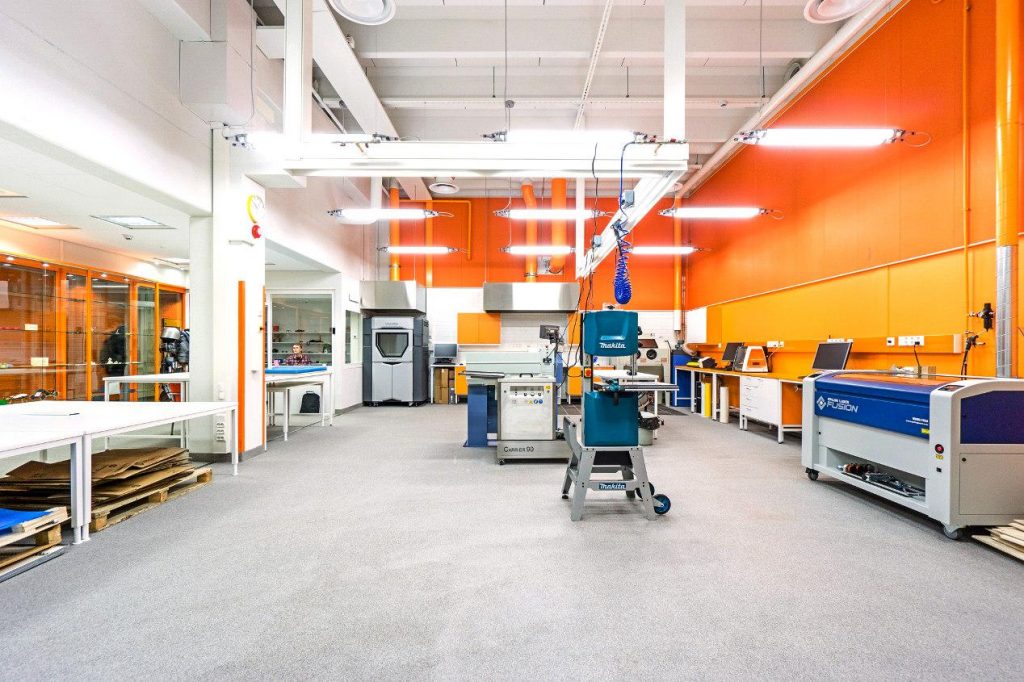By Akanimo Sampson
In Djibouti, young people marked International Migrants Day with the launch of a UN Migration-supported youth-led fabrication lab or Fab Lab which will provide training and access to computer-assisted equipment like 3D printers and laser cutters for returnee migrants, refugees and the local community.
Djibouti is situated in the Horn of Africa. The country’s one-million people face unique migration challenges. It is a source and transit country for hundreds of thousands of migrants and refugees from Somalia, Ethiopia, Eritrea and Yemen and, while the economy has seen some growth over recent years, youth unemployment remains very high.
Migrants forced to abandon dangerous journeys and turn back to their country of origin often wrestle with many complicated emotions. They can experience rejection from families and communities, exacerbated by feelings of low self-worth and depression about not reaching their intended destination and the ill-treatment they suffered in the hands of smugglers and traffickers. People in these situations can struggle to re-establish their lives.
An electrical engineering student at the University of Djibouti and Creative Spaces user, Rahma Abdirachid, said “this space makes it practical to dream about what we want to achieve. Providing access to such a space for everyone to see, try out and share ideas will give young people unprecedented autonomy.”
Housed by the University of Djibouti, the lab called ‘Creative Spaces’ aims to increase job and learning opportunities in technology and build a stronger start-up and entrepreneurial communities in migration contexts.
The opening marked International Migrants Day’s theme of social cohesion, melding technology, innovation and migration under one roof. Creative Spaces offers people aged 26 and under structured courses and mentoring to work through different phases of product design and prototyping.
They will be able to develop technical and digital skills, identify common challenges and come up with viable social impact and commercial solutions. Creative Spaces is the result of an innovative partnership between IOM, the University of Djibouti and the Swiss-based humanitarian organisation, Terre des Hommes.
IOM helps young returnee migrants access vocational training, education, micro-financing, psychosocial support, as well as information about the dangers of irregular migration and traffickers.
IOM Djibouti has played a key role in supporting migrants and returnees through a wide range of programmes in the country since 2009. Funded by IOM’s Development Fund, Creative Spaces is a venture further into the area of technology and digital development to create more inclusive, forward-looking opportunities for young people in Djibouti and neighbouring countries.
Manager of Creative Spaces, a 23-year-old Beyleh Daher, said “we are evolving in an era of makers, of “do it yourself” and I think it is important, even essential to push a passion for creativity here in Djibouti. A fab lab is a space for creation and design open to everyone. It is a community resource and will help boost people’s inventiveness.”
Originating from the Massachusetts Institute of Technology (MIT), fabrication labs are an international network of open, public spaces and workshops offering computer-assisted tools. They are founded on the Do it Yourself movement.

